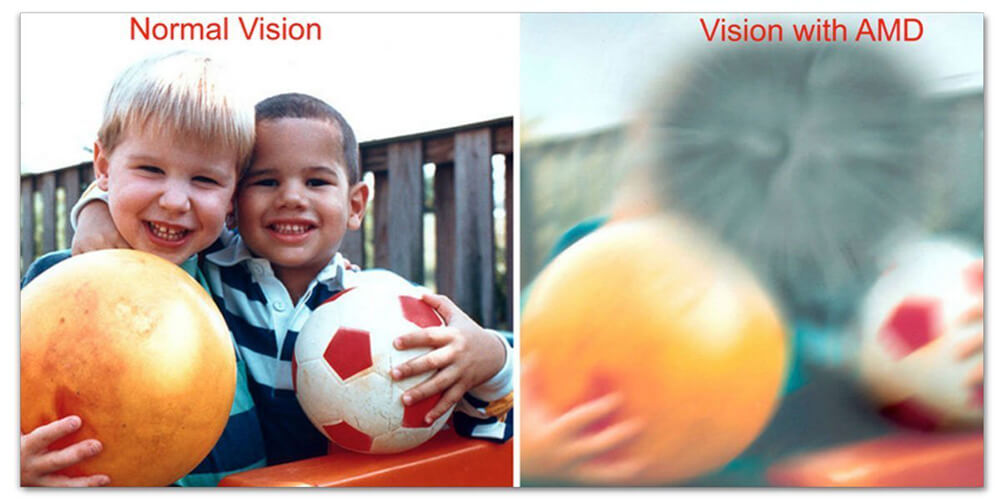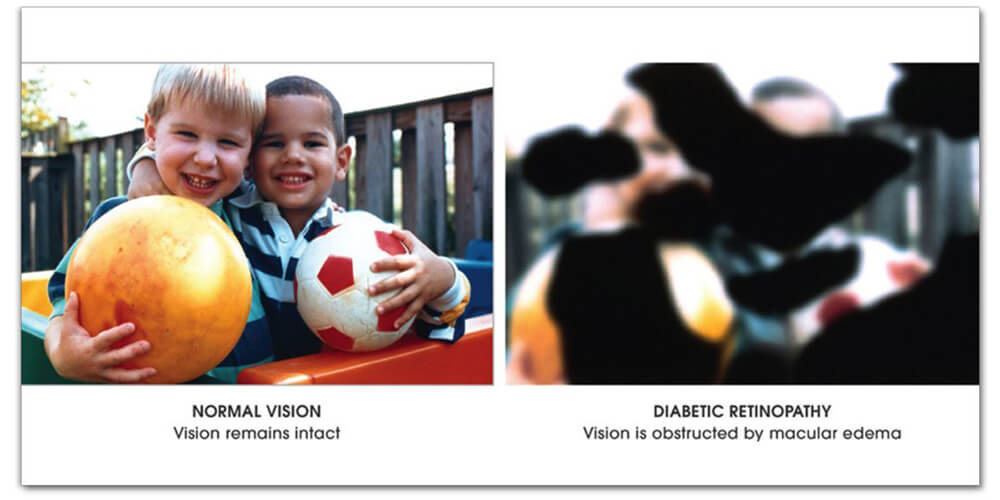Eye Diseases
Posted by: Invision Optometry in Category Eye Health

Many eye diseases have no early symptoms. In fact, many are painless and you may see no change in your vision until the disease has become advanced. While some eye problems can be minor, others can cause vision loss. As you age, you are at higher risk of developing age-related eye diseases and conditions that include low vision, dry eye, glaucoma, cataracts, diabetic eye disease, and age-related macular degeneration. The most common vision problems are refractive errors including nearsightedness, farsightedness, astigmatism, and presbyopia. The reality is, most people have eye problems at one time or another. Whether your vision is no longer what it used to be, or you are experiencing vision problems, the single best way to protect your vision is by getting an annual comprehensive eye exam. And, because eye diseases do not always have symptoms, early detection and treatment could prevent vision loss.
Don’t Take Your Eyesight For Granted…
Common Eye Diseases
People often ignore early signs of vision problems. The mistake they make is taking their eyesight for granted hoping that their vision will somehow miraculously clear up, which is usually not the case. Millions of people lose some of their vision every year due to a variety of reasons. We wake up and move through our daily lives while taking our eyesight for granted. In fact, 35 percent of the adult population never gets an annual eye exam because they think their vision is fine. The problem with that line of thought is that eye exams not only gauge your vision, but can also provide vital information about your overall health. Early diagnosis of eye problems followed by treatment can help preserve or even improve your vision. While there are multiple eye problems and diseases, some of the common age-related eye diseases such as cataracts, diabetic retinopathy, macular degeneration, and glaucoma are treatable when detected early.
Early Detection And Treatment Can Prevent Vision Loss…

Macular Degeneration
Age-related macular degeneration is a disease that blurs your vision. It affects the sharp, central vision you need for activities like reading, sewing, and driving. It is caused by changes in the macula, which is the part of the retina responsible for clear vision. As this condition becomes more advanced, distorted, dark or empty spaces appear in the center of view, as seen in the image above on the right. For some people, AMD advances so slowly vision loss will not occur for a long time. And for others, the disease progresses fast and may lead to vision loss in one or both eyes. A symptom commonly associated with AMD is seeing a blurred area near the center of your vision. Over time, the blurred area may grow larger. And, you may even develop blank spots in your central vision. Early detection is key; only a comprehensive eye exam can detect AMD. Protect your vision now and in the future, by getting a comprehensive eye exam every year.
Only A Comprehensive Eye Exam Can Detect AMD…

Cataracts
A cataract is the clouding of all or part of your eye’s lens. Clouding of the lens can eventually make seeing impossible. Cataracts lead to hazy, blurry vision, as seen in the image above on the right. As we age, some of the protein in our eyes may clump together. When this happens, the protein will start to cloud a small area of the lens. While there are several causes of cataracts, smoking and diabetes may increase your risk of developing them. Another cause may be that the protein in the lens just changes from the wear and tear it takes over the years. The symptoms of early cataracts may be improved with new glasses. And, for more advanced cases when vision loss interferes with your everyday activities; surgery is the only effective treatment. The only way to detect a cataract is by getting a comprehensive eye exam.
Only A Comprehensive Eye Exam Can Detect A Cataract…

Diabetic Retinopathy
Chronically high blood sugar from diabetes can damage the tiny blood cells in the retina, leading to diabetic retinopathy. Of concern is the fact that diabetic retinopathy can cause blood vessels in the retina to leak fluid or hemorrhage, distorting vision. Diabetic retinopathy is one of many health problems that can be caused by diabetes. As it progresses, you may notice your vision is cloudy and you might develop blind spots or floaters, as seen in the image above on the right. Left untreated, it can cause blindness. Often there are no early warning signs of diabetic retinopathy. The cardinal symptom is blood leaking into the retina. If you have diabetes and notice spots floating in your field of vision, see your eye doctor immediately. Early detection is key in reducing the risk of blindness. For anyone with diabetes, getting an annual comprehensive eye exam will ensure the overall health of your eyes.
A Comprehensive Eye Exam Can Detect Diabetic Retinopathy…

Glaucoma
Glaucoma is a group of diseases that damage the eye’s optic nerve, resulting in vision loss and blindness. Glaucoma is caused by an increase in the internal pressure of the eye. This pressure occurs when the passages in your eye that normally drain fluid are clogged. Left untreated, those with glaucoma will slowly lose their peripheral vision. You may not see objects that are to the side or out of the corner of your eye. Sight may seem as though you are looking through a tunnel, as seen in the image above on the right. Over time, your central vision may decrease until no vision remains. Glaucoma is one of the leading causes of blindness. It cannot be prevented, but with early detection and treatment it can be controlled, which will protect your eyes against serious vision loss.
A Comprehensive Eye Exam Can Detect Glaucoma…
Yearly Comprehensive Eye Exam
Determining your eye health is the most important thing we do during your eye exam. It is an essential part of your yearly healthcare program. Our eye exams include a detailed medical and ocular history, eye pressure assessment, visual acuity, peripheral vision screening, muscle balance testing, determination of your prescription, a neurological assessment, and a detailed internal and external ocular health examination. Additionally, you are carefully evaluated for many eye diseases such as, glaucoma, cataracts, macular degeneration and retinal vascular diseases such as diabetic retinopathy. Early detection and your eye doctor’s care can make the difference not only in your vision, but also in your overall health and well-being. It is important to be proactive about your healthcare. Call us today at (619) 222-2020.


